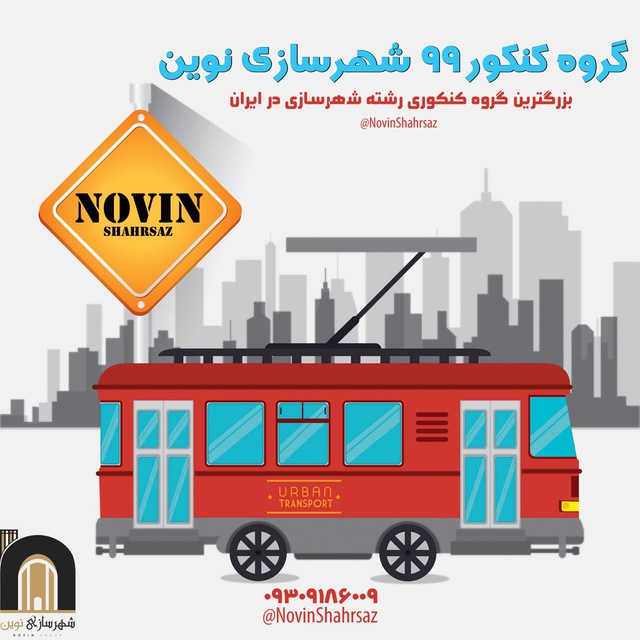The question of all the candidates of the Master of Urbanism exam
How to study in the remaining time?
Planning is always considered as the main pillar of targeted and optimal study. What topics to study at what time and how to include in the plan to consolidate the review and evaluate ourselves.
@pardiskimiafekr
Important tips for candidates:
1. Volunteers should include language and statistics in their daily schedule. They are your most important courses, and leaving each of them will probably lead to leaving the competition, except in exceptional circumstances (extremely high percentage in statistics or language) and excellent percentages in specialized courses. Note that if the total percentage of two courses is around 100 (statistics 70 and language 30 for example), you have taken a big step towards top universities.
Urban design candidates should include language lessons in their daily schedule. In the direction of urban design, the importance of language is more important than the direction of planning, because there is no statistical course to compensate for the weakness of the language!!
@pardiskimiafekr
2. Have two specialized lessons in your schedule every day and be sure to study each specialized lesson 2 times during the week, that is, at least 4 lessons including language and statistics.
Urban design volunteers can include classmates who have more problems than others or who have more resources in their daily schedule. For example, if they have a problem in the analysis or topics course or for the mock test, many resources are defined for this course so that the improvement of the situation can be included in the daily program, and in the same way for other courses.
The balance of specialized courses is very important. If the average of specialized courses is in the range of 50%, you have done very well.
@pardiskimiafekr
3. Allocate your weekly study resources in the form of a mid-term plan. The mid-term plan can be, for example, monthly or the interval between mock tests. Then convert each mid-term plan into a short-term plan in terms of weeks and days. The thing that is more important than making a plan is to follow it
@pardiskimiafekr
4. Study in two sections. morning and evening It is preferable to study statistics and language in the morning and specializations in the evening. Of course, if he concentrates more during the day, take the more difficult lessons at that time, and if you concentrate more in the afternoon, postpone the more difficult lessons to the afternoon and night. When you feel that the mind does not have the necessary tension, you can review the past material because it requires less energy and concentration. Be sure to dedicate half a day or 1 day (for those who have free time) to fun, but on the condition that you have implemented the weekly program correctly, otherwise you will punish yourself and deprive yourself of fun.
@pardiskimiafekr
5. It is very practical to set sleeping and waking hours and nutrition. Use very little fatty foods and artificial sweets and replace the diet plan with organic sugars, vegetables and fruits.
6. The studied material must be compiled in a coherent format so that you can review it quickly in the periods after Eid. For example, if you are reading a new book, add its relevant points to the class handouts. Try to reduce the size of your information as you get closer to the exam. That is, while browsing, record important keywords in a separate note to enable quick browsing
@pardiskimiafekr
7. In the weekly study, devote one day or half a day to reviewing the contents of that week. In the case of escapist courses such as topics and language vocabulary, it is very important to constantly review small summaries (keywords).
@patdiskimiafekr
8. To be successful, you have to believe in it. So free yourself from negative and destructive thoughts. No option but planned study will give you peace of mind
#Kimyaafker_campus
#The brightest_results
Kimiafekr campus has the best results in the last 5 years
@pardiskimiafekr
